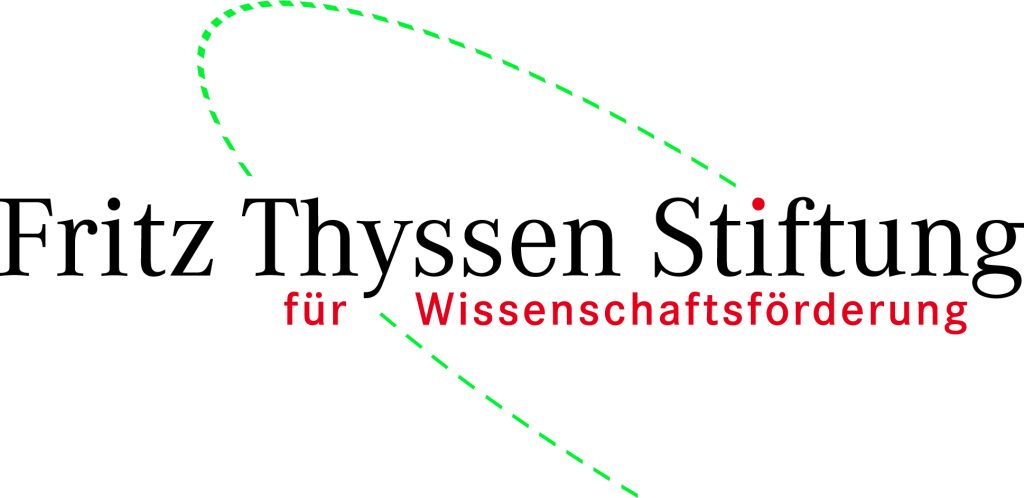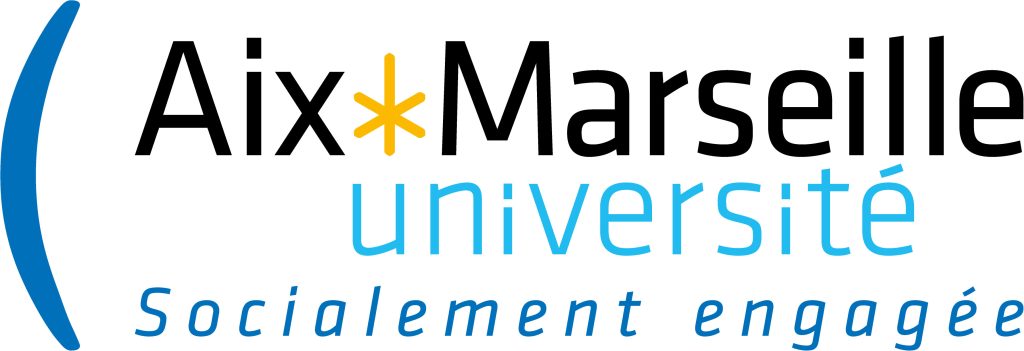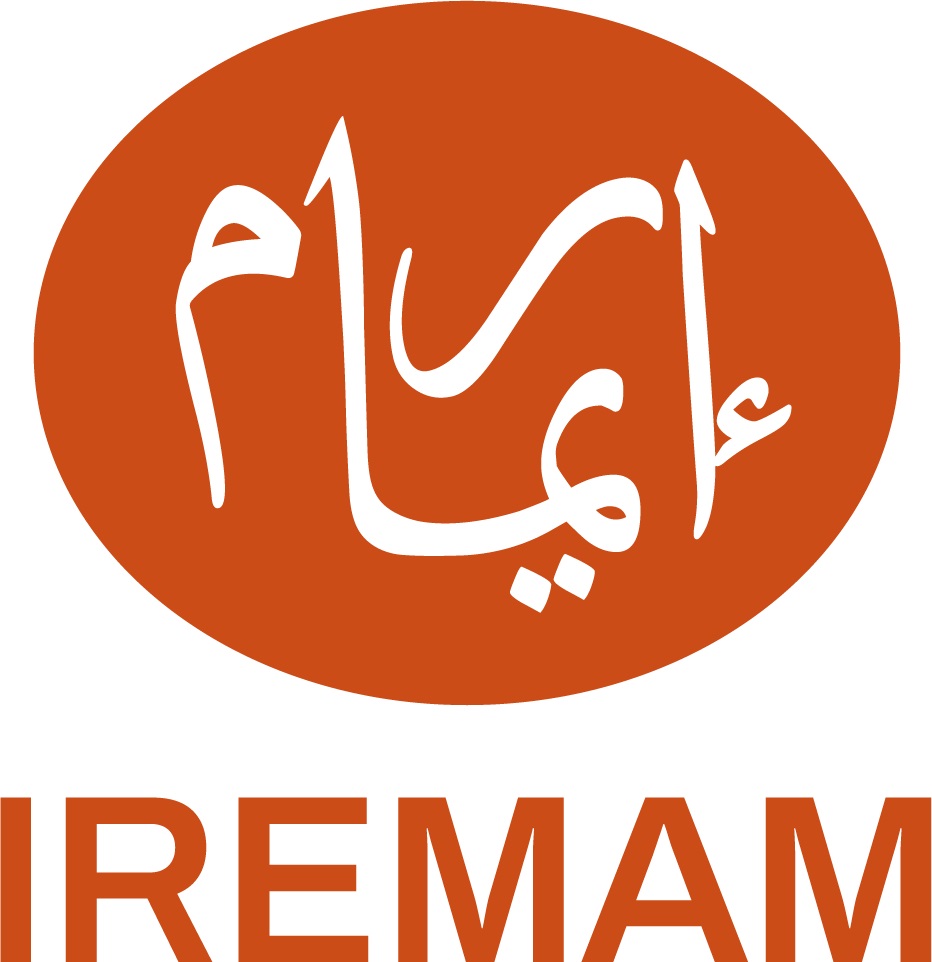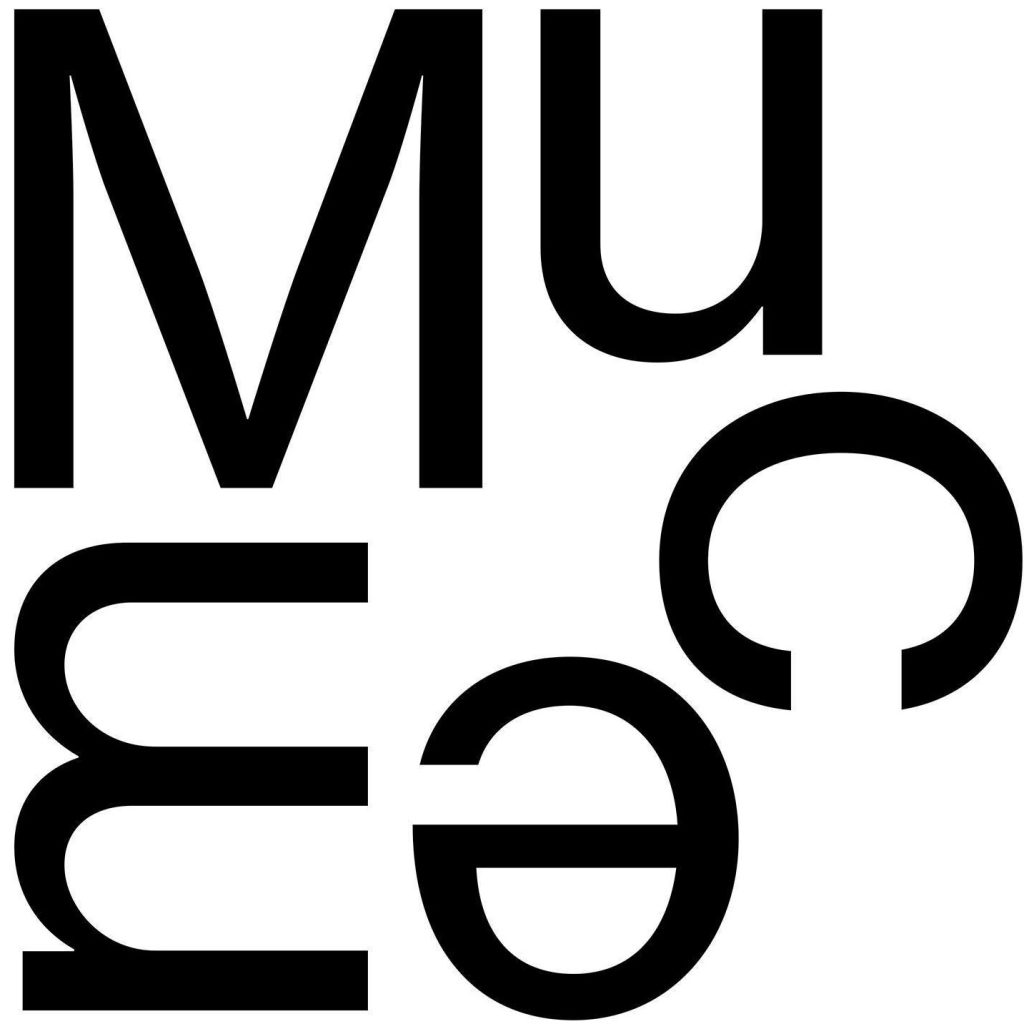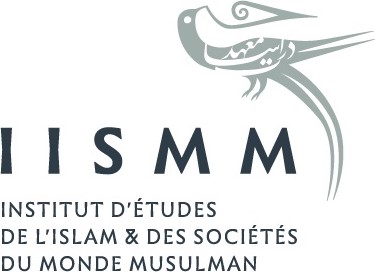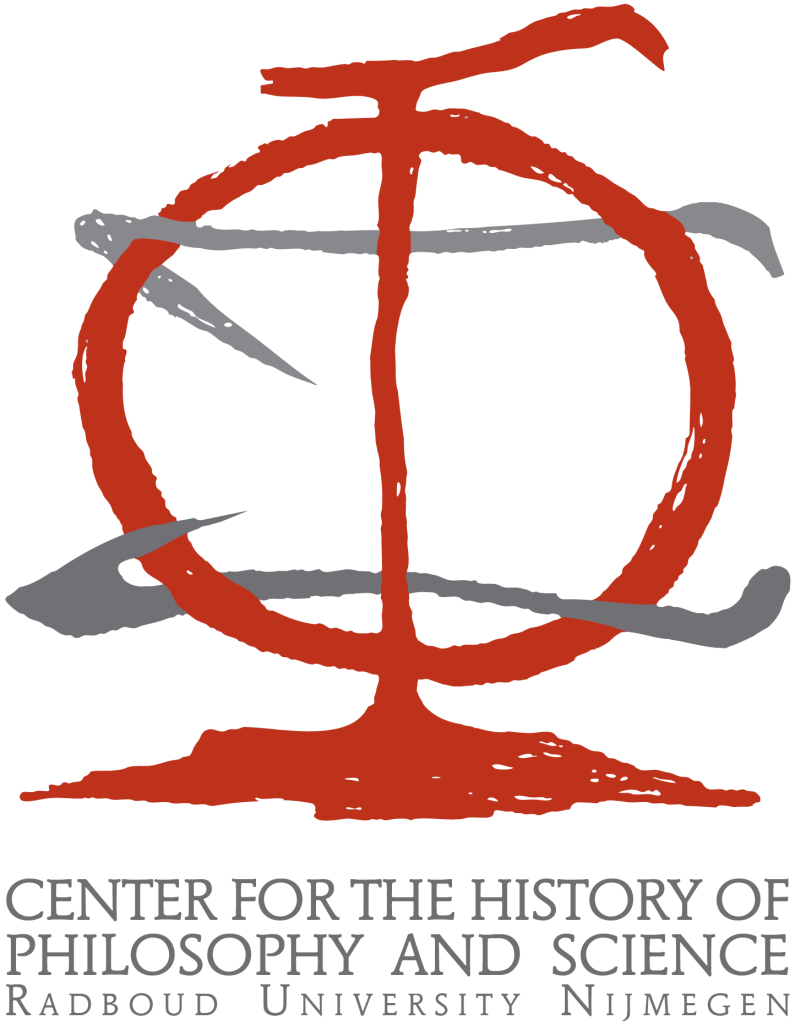A Hidden Treasure:
Editorial, Historical, and Philosophical Issues in Avicenna’s “Minor” Works (rasāʾil )
Un trésor caché :
Questions éditoriales, historiques et philosophiques sur les œuvres “mineures” (rasāʾil ) d’Avicenne
NEWS: The conference is now a hybrid event – follow it on Zoom here!
This conference will continue the successful format of the Avicenna Study Group (three meetings in 2001, 2002, and 2021 with two volumes of proceedings in 2003 and 2004 and a third volume forthcoming) and will turn to another pivotal topic in the study of Avicenna and his philosophy: the papers will explore the corpus of Avicenna’s widely neglected so-called “minor” works and investigate their relevance for understanding Avicenna’s thought and influence, both on the Eastern and the Western intellectual tradition.
The corpus of smaller treatises, tales, and letters on various topics attributed to Avicenna poses particular challenges both in terms of philosophical and philological analysis. In 2014, Dimitri Gutas (Avicenna and the Aristotelian Tradition, 2nd ed.) provided a revised list of works that included, alongside the well-known summae, also the lesser-known shorter writings. While the authenticity of some of these rasāʾil remains questionable, it is clear that they all shaped in different degrees the perception on Avicenna throughout the centuries and, thus, deserve more attention from scholars to bring to light their variegated history of transmission and reception as well as their value for understanding Avicenna.
Many of these smaller texts remain unedited and discuss topics that are rarely studied or appear otherwise difficult to integrate into the systematic framework of Avicenna’s philosophy. They may enrich or surely substantiate our own view of Avicenna, while inauthentic treatises could provide important insight into Avicennian circles and later forgeries may have been sources of misconceptions and erroneous or otherwise peculiar readings among interpreters in history.
Against this background, the fourth meeting of the Avicenna Study Group aspires to set a new standard in dealing with the important corpus of Avicenna’s “minor” works and welcomes rigorous and innovative contributions that could feature, for example:
- editions,
- translations,
- manuscript studies,
- historical reconstructions,
- philosophical analyses,
- new hitherto unknown or unlisted treatises,
- comparisons with other “minor” works as well as
- comparisons with the “major” works.
As with the first three meetings of the Avicenna Study Group, the proceedings of the conference will be published, hopefully prior to the subsequent – fifth – meeting of the Avicenna Study Group scheduled for 2025.
Confirmed Speakers
- Nicholas Aubin (University of Warwick)
- Cristina Cerami (CNRS, UMR 7219 Sphère, Paris)
- Mohammad J. Esmaeili (Iranian Institute of Philosophy, Tehran)
- Dimitri Gutas (emeritus, Yale University, New Haven)
- Wilfrid Hodges (emeritus, University of London)
- Jawdath Jabbour (CNRS, Centre Paul Albert Février, Aix-en-Provence)
- Damien Janos (Alexander-von-Humboldt-Stiftung/LMU Munich)
- Jules Janssens (De Wulf-Mansion Centre, Leuven)
- Omer Michaelis (Tel Aviv University)
- Ivana Panzeca (FSCIRE/University of Palermo)
- Michael Rapoport (Florida Atlantic University, Boca Raton)
- Marwan Rashed (Université Paris-Sorbonne)
- Burak Şaman (Istanbul 29 Mayis University)
- Yotam Schremer (Hebrew University of Jerusalem)
- Meryem Sebti (CNRS, UMR 8230 Centre Jean Pépin, Paris)
- Sarah Virgi (Utrecht University)
- Mali Alinejad Zanjani (École normale supérieure, Paris)
- Nadjet Zouggar (Aix-Marseille University, CNRS, Iremam)
